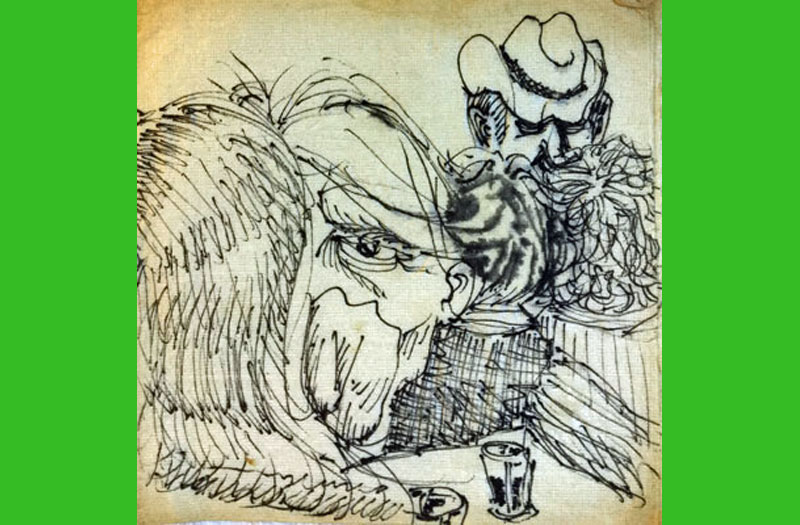Antoine Wilson’s short novel Mouth To Mouth is a page turner. It kept me engaged from start to finish. I read it in one sitting.
For those familiar with Albert Camus’s The Fall, Mouth To Mouth is a lighter version of The Fall with a twist. At least in my mind. As opposed to Jean-Baptiste Clamence in The Fall, Jeff Cook (the protagonist in Wilson’s book) saves the drowning soul and this initiates a series of events that changes his life. Or, was the change in Jeff’s life fate, destiny as the author as narrator points out?
I pointed out that one’s interceding or not could equally represent fate, that letting nature take its course could include any number of interventions, since we ourselves were inseparable from nature.
Both The Fall and M to M are narrated in a bar, a bar called Mexico City in The Fall and an airport bar in M to M. Both embody references to Dante. The canals of Amsterdam in The Fall seem to channel Dante’s circles of Hell. In M to M Jeff’s surgery disorients him like the dark wood in Dante.
“As I said, seeing you… got the ball rolling.” He searched for the right words. “Look, we’re not getting any younger. That surgery I mentioned. I found myself in a forest dark and all that. Dante.”
Just like Jean-Baptiste Clamence in The Fall, Jeff Cook has a need to prove that he is a good guy.
“I would have kept the blanket,” I said.
Jeff smiled. “It was a pretext. Nevertheless, I appreciated what Dennis said. It reinforced my view of myself as a good person, someone who is conscientious, who returns things. I don’t think I would have been able to put it into words at the time, but I saw myself as someone who didn’t do bad things. I guess the rescue could be included in that, but it didn’t feel like the same category, it didn’t feel like a gold-star moment. It was more of an I-had-no-choice moment, as I said earlier. Gun to the head. I suppose that if I’d had a sense of myself as a bad person, a truly evil person, I could have walked away, or short of that, run to the phone in the beach lot knowing that it would be too little too late, that I had sealed a stranger’s fate. But that wasn’t who I was. I was a returner of blankets. I was the good person I thought I was. Don’t forget that.”
For all the similarities, M to M is not The Fall. It is The Fall with a twist. Jeff Cook actually saves a drowning man, a not very admirable man, a man who ultimately drags Jeff Cook down to the same low level as the man he saves. As with The Fall, in M to M it’s too late for anyone to be saved, to be saved from oneself. And, that’s a good thing because only by understanding that there is evil and goodness in each of us can we truly come to grips with who we are. And, it’s a good thing for Antoine Wilson because it gives him something every writer hopes for, something to write about.
There is no truth with a capital “T”. Jeff Cook figures this out over time as the ramifications of saving Francis Arsenault play out although he alludes to it early in the story when he says.
I told myself that I was giving Francis Arsenault, whoever he was, a chance to complete his gesture, to say his piece, to demonstrate whatever it was he was trying to communicate to me before the paramedics strapped down his arm and carried him away. And, of course, to confirm that he was actually okay.”
Jeff raised his finger, made sure I was looking at him.
“I say ‘told myself’because—and this became clearer to me later, I didn’t know this back then, I wasn’t wise to it—to put it bluntly, we never really know why we do what we do. The part of our brains tasked with generating reasons doesn’t care about truth… only plausibility.”
And one more thing I got from the book, speaking about Francis Arsenault Jeff says: “But we never really know anyone, do we?”
And this is true even of ourselves. Something I think Camus would agree with.

